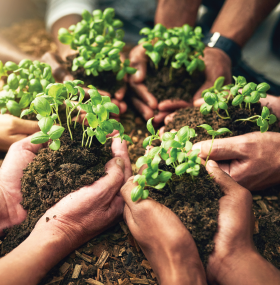Latest insights
Latest insights
India Macro-tracker series
Mazars in India is launching the India Macro-tracker series, which measures the dynamism in the Indian economy from a set of select key indicators and analyses their impact for the coming time. The six indicators presented in this tracker include: Real Income, Inflation, International Trade, Fiscal, Business and Consumer.
Read moreCircular economy
Population and usages of resources are interdependent and proportionally co-related. Judicious use of resources would lead to mitigating resource depletion and thereby fostering a more sustainable environment for future generation. It is estimated that by 2050 world population will soar to 9 billion and fulfilling the demand will require natural resources equivalent to three earths. The present prevailing model of usages of resources is linear economy which is based on the principles of ‘take-make-waste’ and is unable to manage the balance of demand and supply with growing population and depleting resources. It is also
significant contributor to the challenges of climate change, biodiversity loss, waste generation and pollution.
As a consequence of the realisation of the impending resource scarcity, existential threat due to adverse impacts of increasing temperature of planet earth and climate change, circular economy is emerging as a solution for sustainable development.


Mazars Foundation
Mazars Foundation is a not-for-profit organisation registered under section 8 of The Companies Act, 2013, where we are driven by a passion for creating positive change in society. At Mazars Foundation, we are dedicated to pursuing excellence towards sustainable social-economic development. Our team of sector experts is committed to providing end-to-end services that empower donor and implementing agencies to achieve impactful and sustainable outcomes.
We believe in knowledge management for betterment of society at large and dovetailing of community knowledge and practices with modern scientific knowledge, helping in locally feasible, culturally expectable, socially suitable, financially viable, economically, and environmentally sustainable transformation of the social and economic practices.
